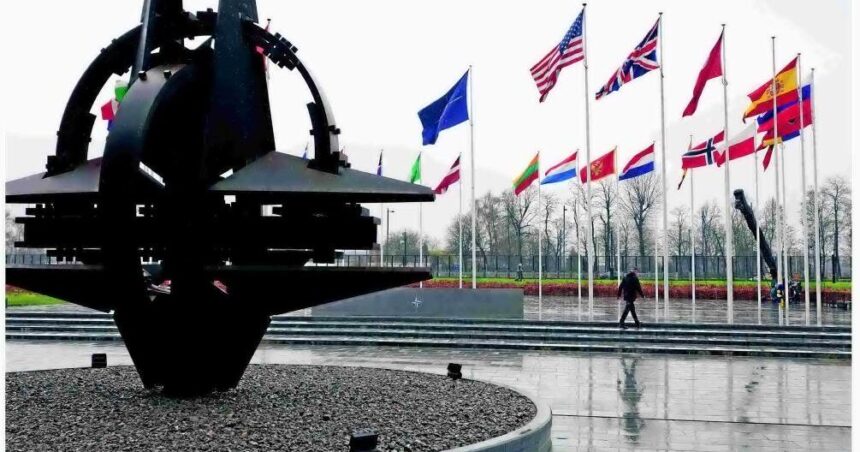WASHINGTON — European leaders heading to the NATO summit in Washington are facing the potential return to power of Donald Trump, the military alliance’s most prominent critic, as doubts grow about President Joe Biden’s reelection prospects.
The NATO summit, which starts Tuesday, will emphasize strength through solidarity as the alliance celebrates its 75th anniversary. Despite Biden’s efforts to unify allies in the face of challenges like Russia’s invasion of Ukraine, concerns linger about division as far-right forces gain influence.
Discussions behind the scenes are focused on preparing for possible disruptions in support for NATO and military aid to Ukraine if Trump or other anti-NATO leaders come to power. This has led to efforts to “Trump-proof” the alliance and ensure its longevity.
There is a sense of gloom surrounding the summit due to Russian advances on the battlefield, delayed U.S. support for Ukraine, and the rise of far-right governments unfriendly to NATO. The key for allies will be to focus on Western military aid for Ukraine and readiness for any changes in U.S. support.
Trump’s criticisms of NATO and threats to withdraw the U.S. from the alliance have heightened concerns about its future. Efforts are being made to strengthen NATO’s role and support for Ukraine within the alliance to reduce dependence on the U.S.
European allies are coordinating statements on Ukraine and defense strategies to ensure stability and security within NATO, regardless of the political climate in the U.S. The possibility of a less reliable U.S. partner under Trump has prompted discussions about Europeans taking on a greater role in NATO’s security.
While there is a willingness in Europe to fill any gaps left by the U.S., the capacity and resources are still lacking. The notion of completely securing the American commitment to NATO and Ukraine against potential political shifts may be difficult to achieve in reality.





